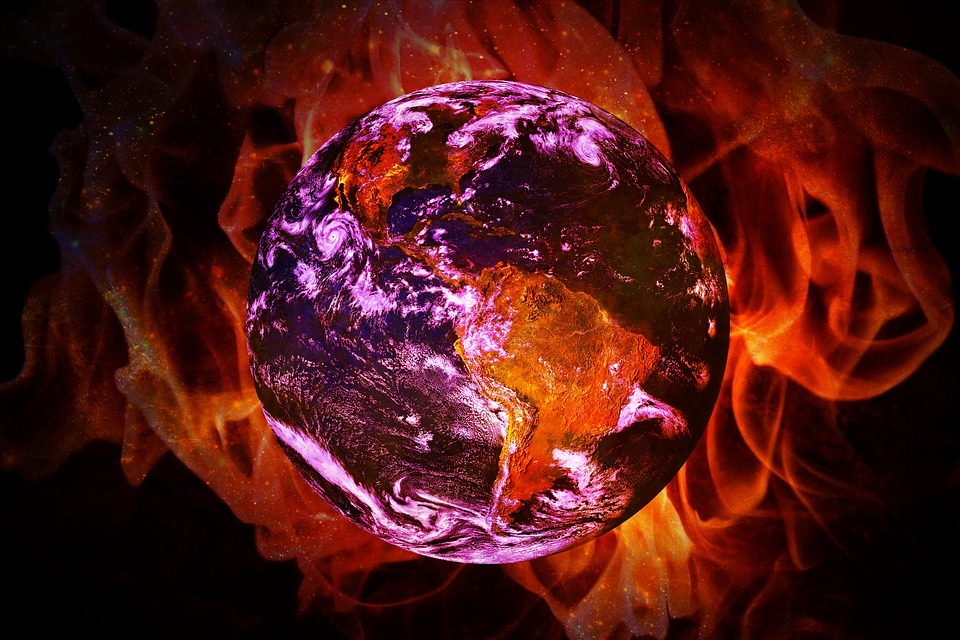News release
From:
The Anthropocene – proclamation of a new epoch
Important: In order to attend the briefing please register here until Thursday, July 6th 2023, at 20:00 AEST.
The earth has changed radically due to human influence. The Anthropocene Working Group (AWG), an international research group consisting of geologists, stratigraphers and scientists from the humanities, has set itself the goal of defining the Anthropocene Earth Age on the basis of scientific findings and officially declaring it as soon as possible. The working group founded in 2009 is currently gathering evidence on how specific markers, exclusive characteristics of the Anthropocene, can be used to determine in rock strata the point in time when human influence on the Earth's geology became irreversible and, moreover, from which point on this evidence on the appearance of human traces in rocks could be easily detectable even in the distant future.
The AWG was founded by the Subcommission on Quaternary Stratigraphy (SQS), a subcommittee of the International Commission on Stratigraphy (ICS), and has since been working on the assessment of the Anthropocene as a new geological time unit. In 2016, the AWG decided by majority vote that the Anthropocene is a geological reality, an epoch, and that it should best be defined as starting from the mid-20th century onwards, correlating with the 'Great Acceleration' [I]. It should also be defined by a Global Stratigraphic Section and Point (GSSP), a specific reference point which defines the lower boundary of a stage on the geologic time scale. It provides evidence that something in nature has changed globally and abruptly.
In 2022, the AWG began the process of voting on which of twelve research sites would be the most appropriate location for a GSSP for the Anthropocene. On July 11th, the AWG will present its chosen site at the International Congress of Stratigraphy in Lille, France, and provide initial guidance on what historical date should be considered the start of the new Earth epoch.
If the GSSP site selected by the AWG successfully passes three further voting stages (by the SQS, the ICS and finally the International Union of Geological Sciences), it will be officially ratified and given a place in the International Chronostratigraphic Chart.
In this international SMC press briefing in advance of the international Congress of Stratigraphy, three experts in the field will answer questions under embargo to explain the process of the Anthropocene Working Group and exclusively discuss the characteristics of the chosen site where the GSSP can be clearly demonstrated. The Anthropocene epoch is ultimately associated with the idea that we humans no longer live in an environment that serves only as a stage or resource for us, but rather that humans are becoming the planetary force of Earth history, in which traditional dividing lines between nature and culture are dissolving with unprecedented and so far unabated consequences.
Expert Panel
Prof. Francine McCarthy,
Professor at the Department of Earth Sciences and appointed to the Department of Biological Sciences and the Environmental Sustainability Research Centre at Brock University, Canada and a voting member of the Anthropocene Working group
Prof. Colin Waters,
Honorary Professor at the School of Geography, Geology and the Environment, University of Leicester, UK and he is the Chair of the Anthropocene Working group
Prof. Jürgen Renn,
Director at the Max Planck Institute for the History of Science, Berlin, Germany
Reference
[I] Steffen W et al. (2015): The trajectory of the Anthropocene: The Great Acceleration. The Anthropocene Review. DOI: 10.1177/20530196145647.



 International
International


